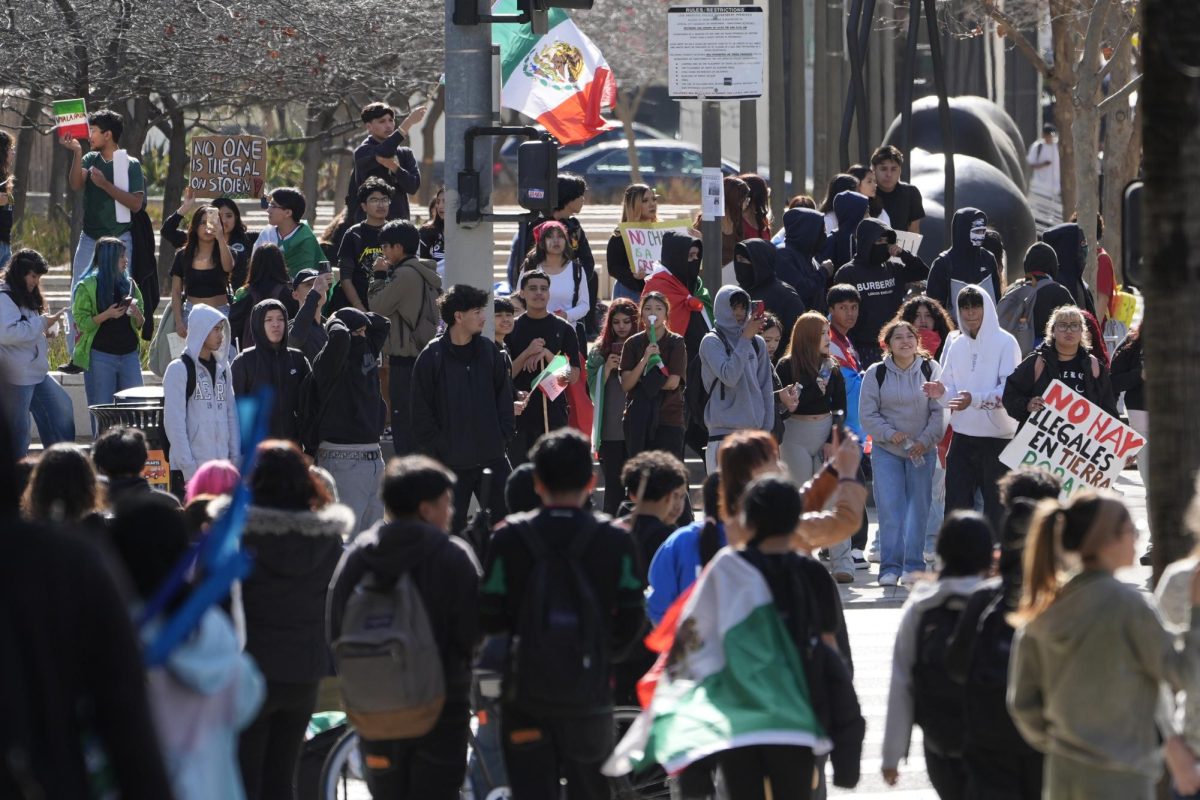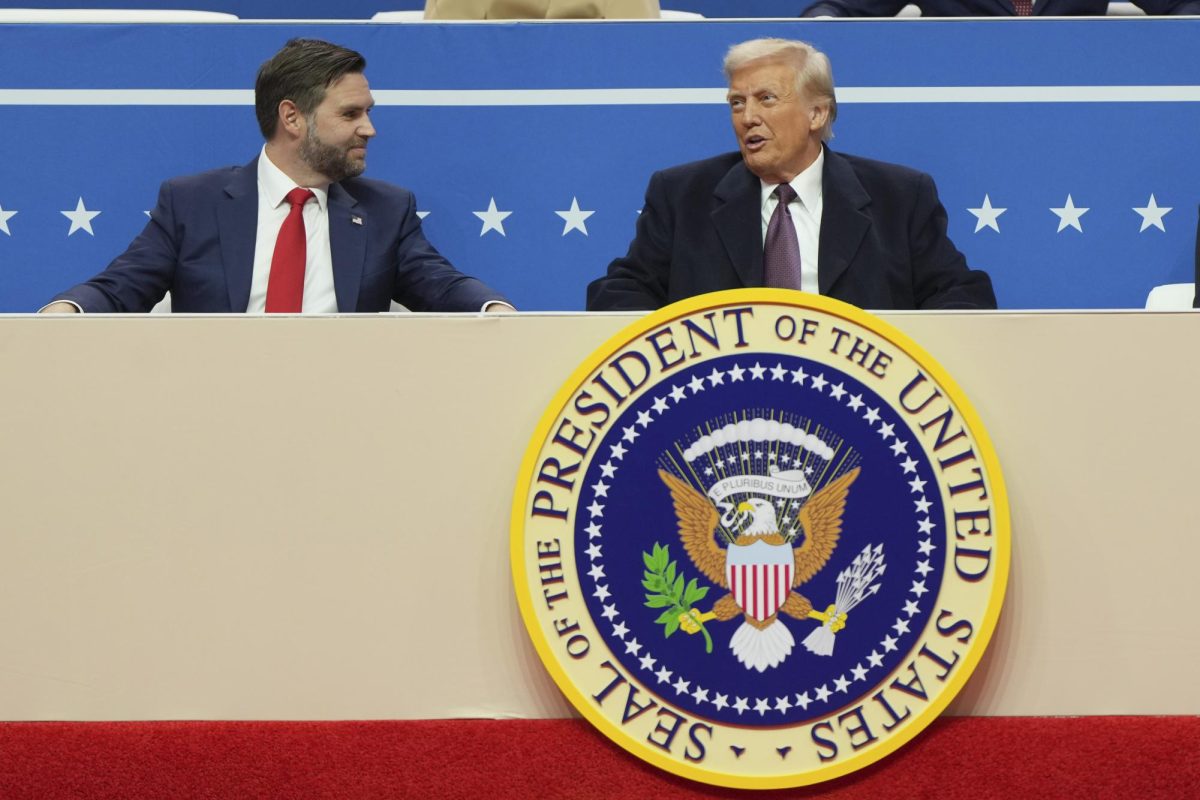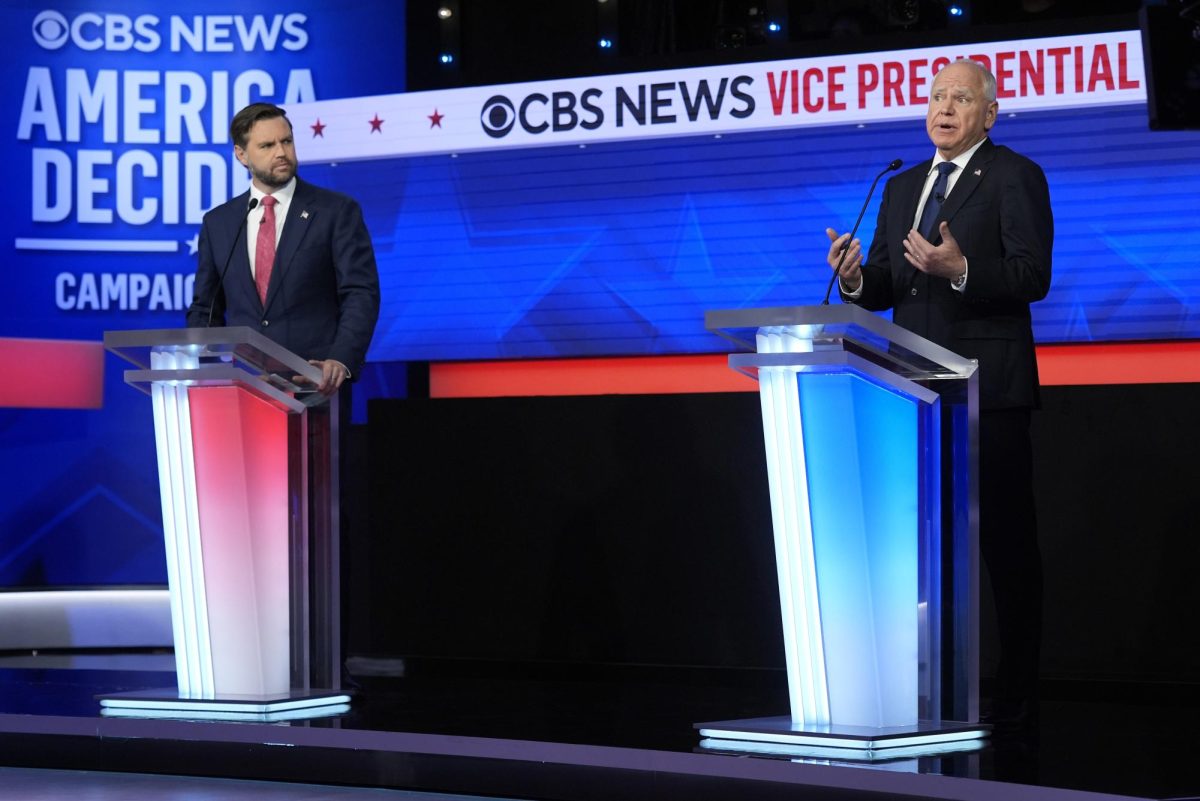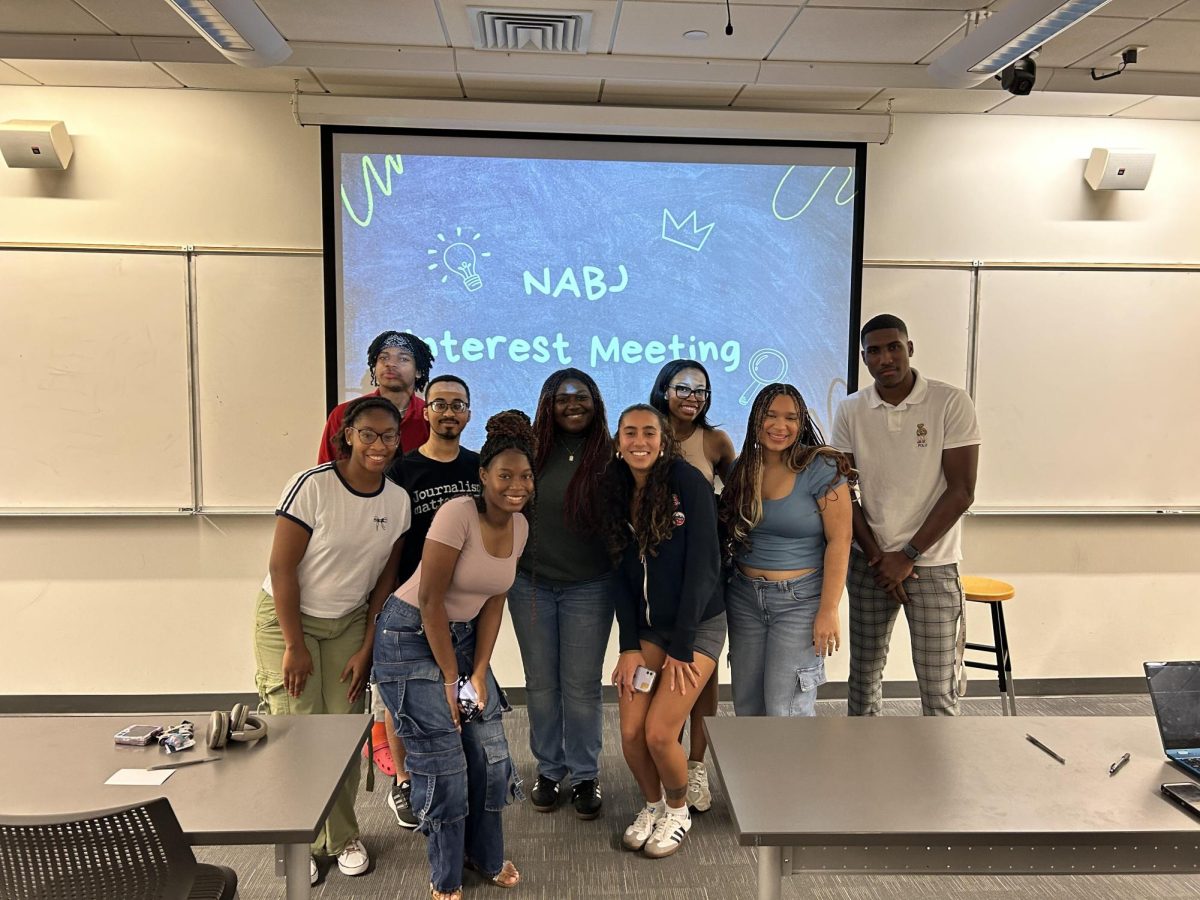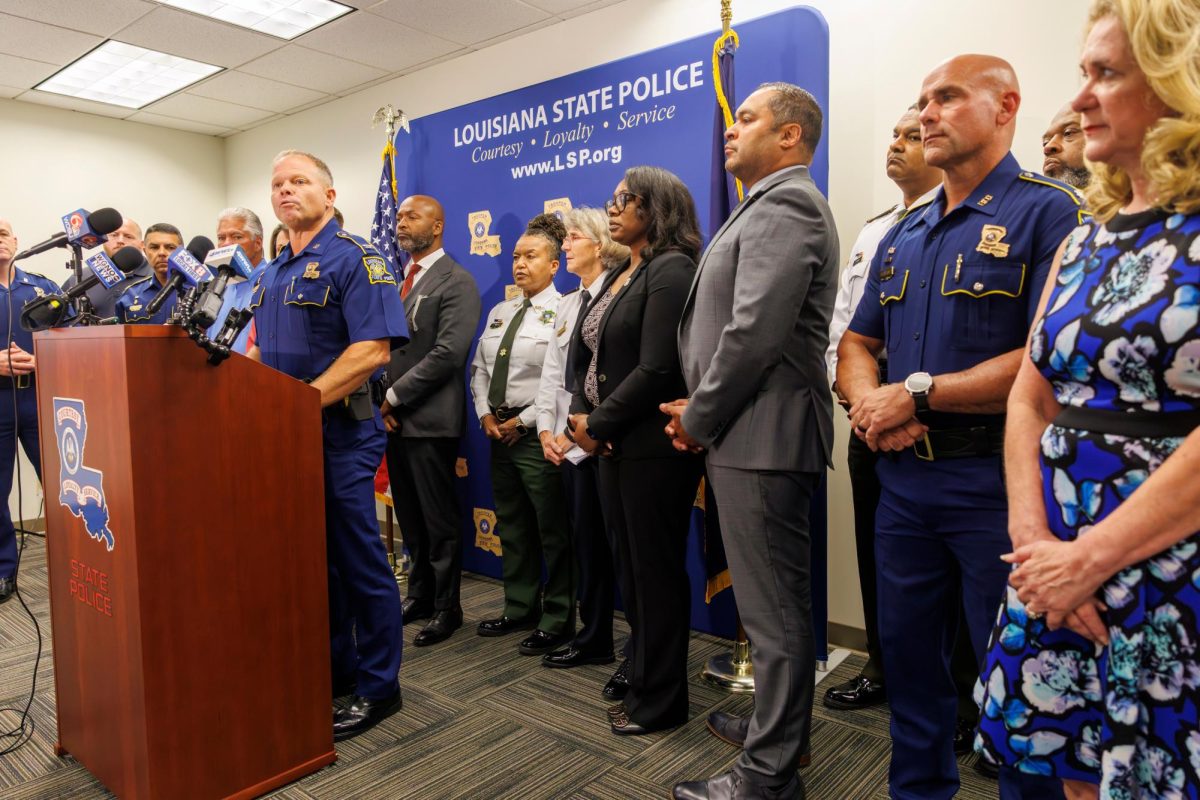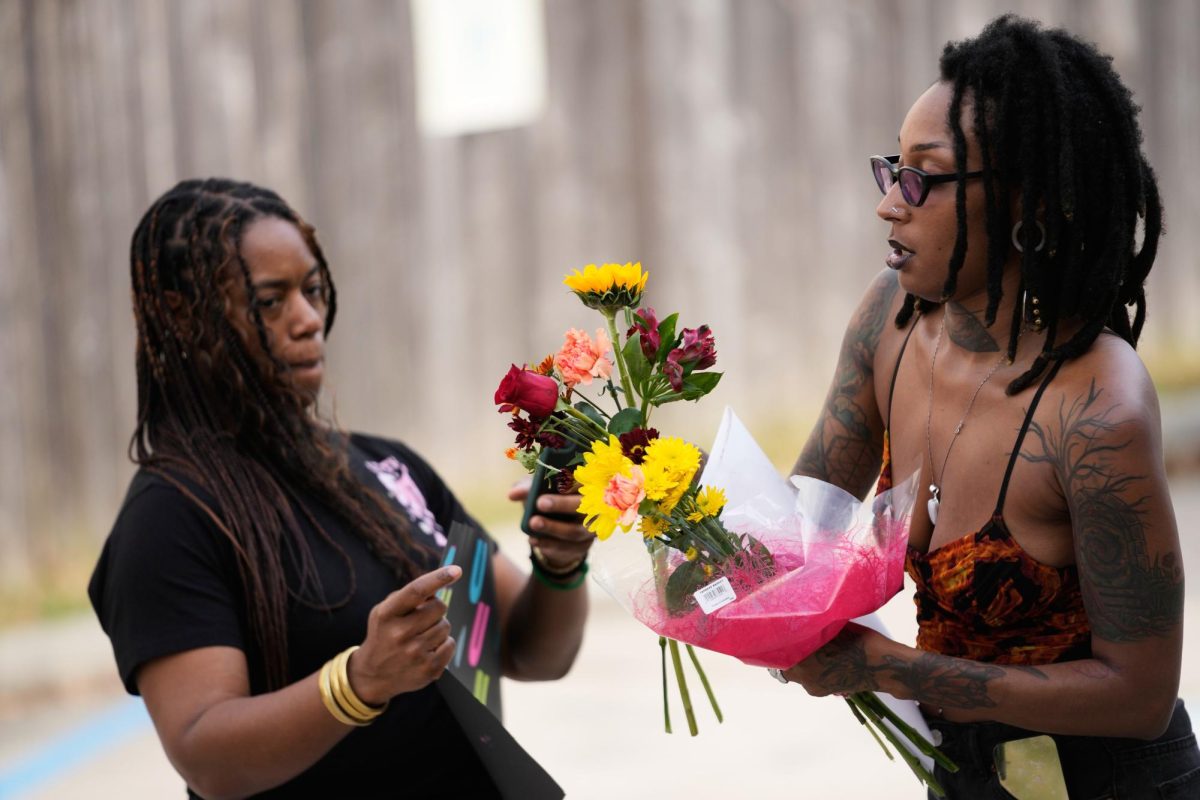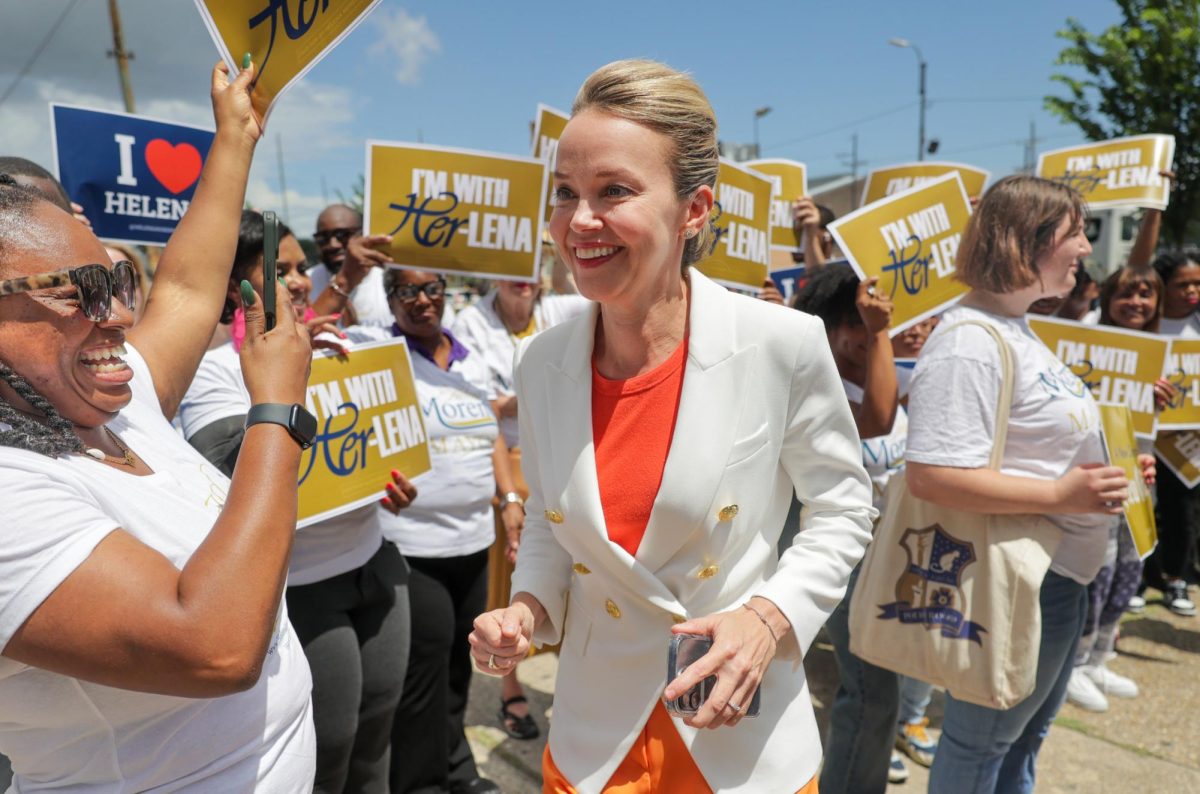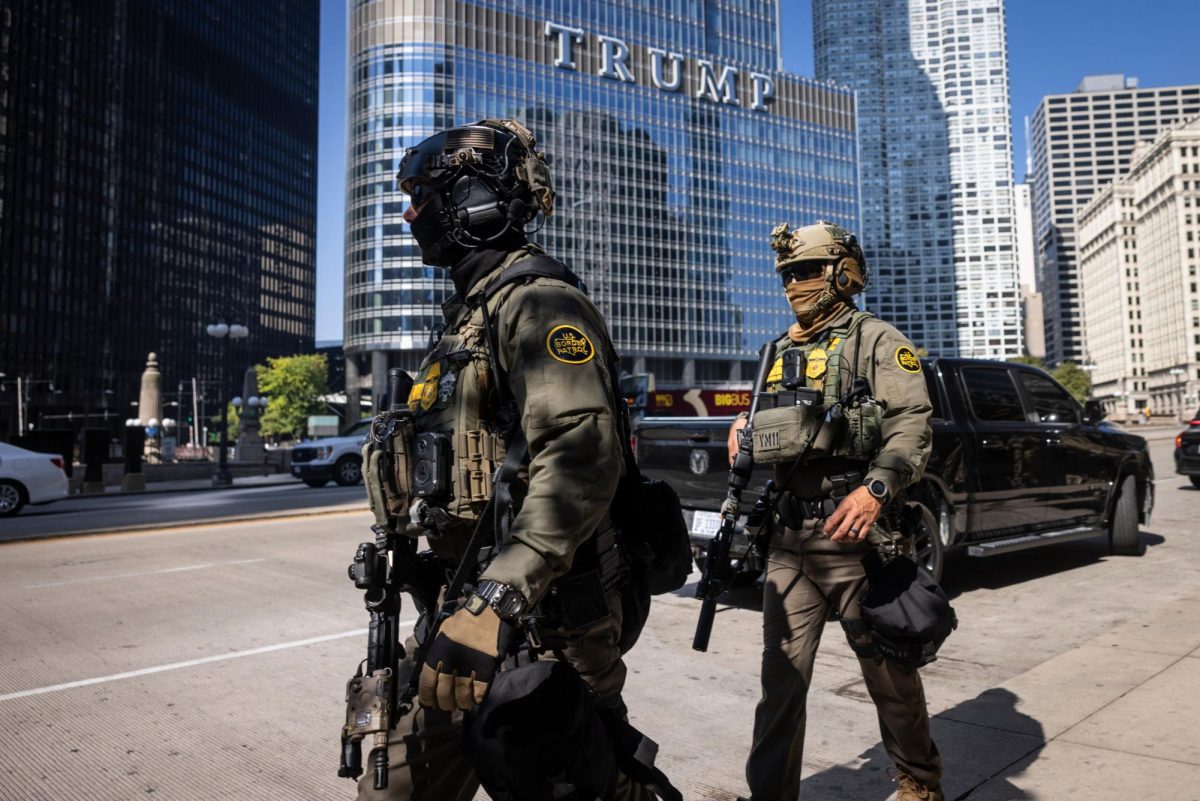As a result of voters’ support, Amendment Two has been passed in Louisiana resulting in extended protections on gun rights.
The passing of Amendment Two protects gun rights by requiring “strict scrutiny” on any restriction relating to Louisiana citizens’ ability to the use and their ownership of guns that may be proposed.
Tommy Screen, director of governmental relations for Loyola, worked with lobbyists to try to defeat the bill leading up to the vote. Loyola University did not support the bill.
“The current bill wasn’t aimed at higher education, it was a broader attack on gun restrictions in the state. However, with this amendment there isn’t certainty in what a judge would decide,” Screen said.
According to Screen, if the amendment were to be used to challenge the restriction of guns on college campuses in Louisiana, the decision would be left to a judge.
“Why give a judge the opportunity to allow guns on campus?” Screen said.
Like Loyola, Tulane opposed the passing of the bill, Michael Strecker, director of public relations at Tulane University said.
“Like our public counterparts, we remain concerned that the amendment now makes it easier for lawsuits that could weaken our ability to prohibit concealed weapons on our campuses and might increase the possibility of more violence on campus,” Strecker said.
M. Isabel Medina, professor of law at Loyola, spoke out against Amendment Two before it was upheld.
Medina said she opposed the amendment because the Louisiana Constitution already had strict protection for a person’s right to bear arms.
“The previous constitutional provision recognized, however, that reasonable regulation of weapons might be necessary to protect the community and, thus, it allowed for banning of concealed weapons,” Medina said. “This provision was particularly important to allow the legislature to ban concealed weapons in certain sensitive buildings like courthouses, hospitals and schools.”
Additionally, Medina said she felt Amendment Two was “not necessary” because the U.S. Constitution protects a citizen’s right to bear arms.
Screen said he does not believe that any challenges will be made to the gun policies of private university campuses, although he recognizes that there is always a possibility.
“There are only 10 private colleges in the state. A legislator is not going to likely risk his political capital to affect a small number,” Screen said.
According to Captain Roger Pinac of university police, only a commissioned law enforcement officer may posses a gun or weapon on a university campus.
“First and foremost, as a private land owner we have the right to have our own policy on our campus,” Screen said.
Leslie Gamboni can be reached at legambon@loyno.edu








